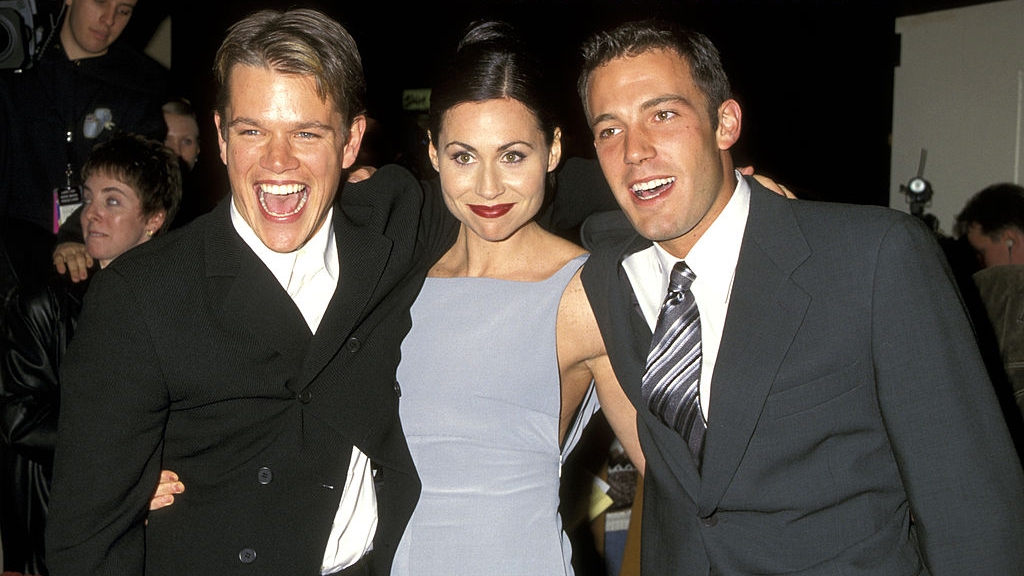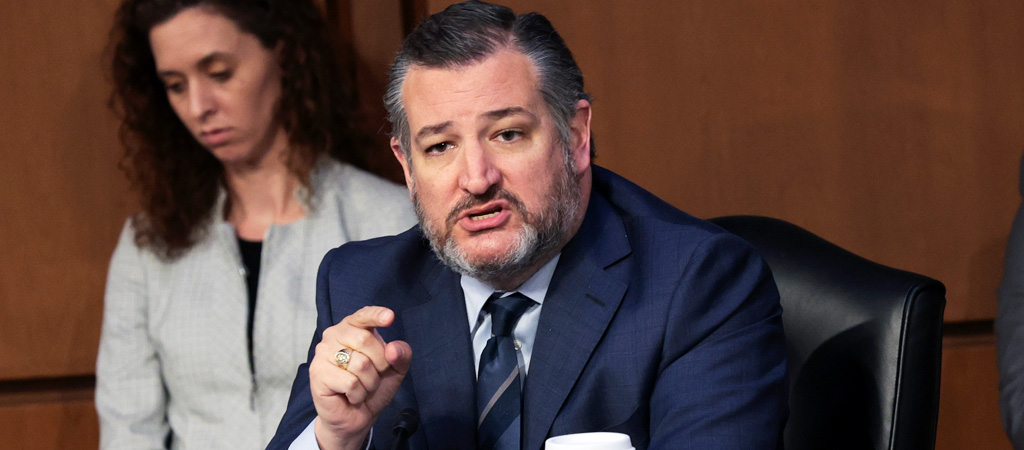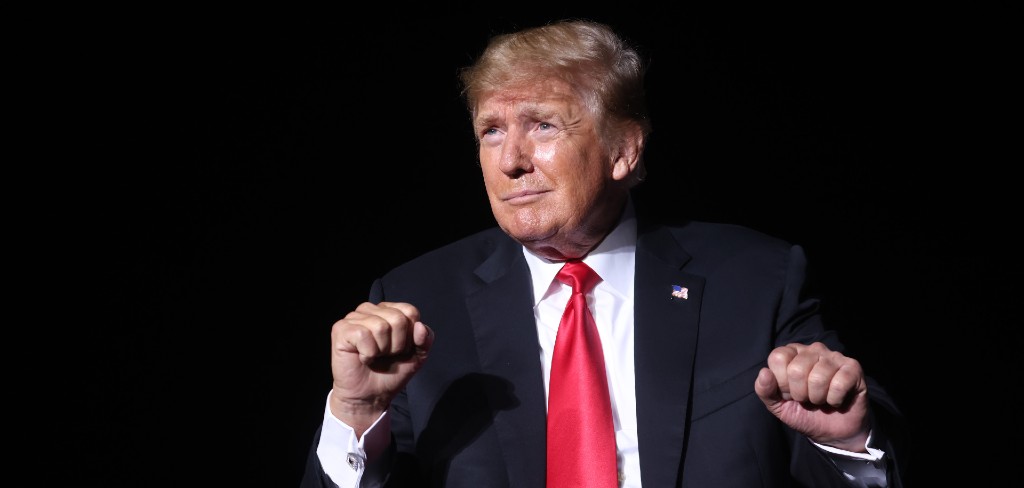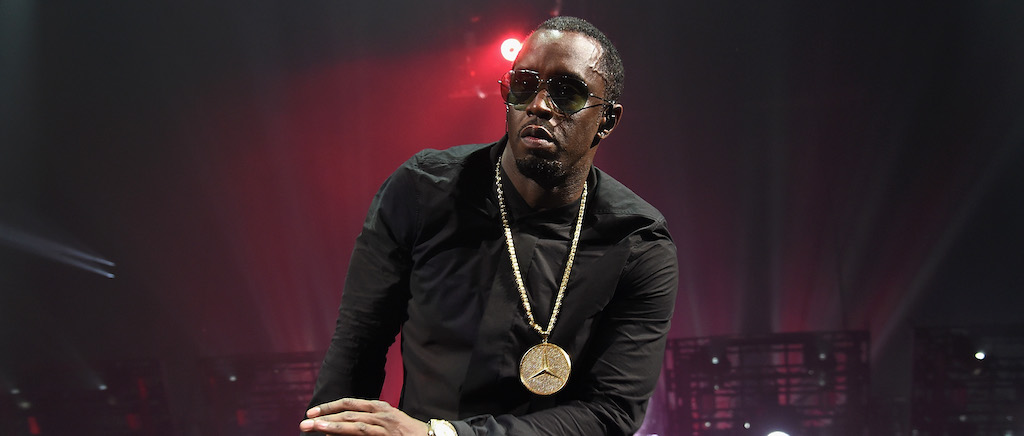
Last summer, Diddy announced that he is putting out an R&B album, as well as launching an R&B-focused music label. Today, he officially revealed the label’s name, Love Records. The label was started in partnership with Motown Records, and Diddy’s upcoming album will be its first release. According to a statement from the label in Variety, the focus will initially be to “release singles and collaborative projects from a collective of world-class artists, producers, and songwriters.”
Diddy previously cited his inspiration in launching the new label, saying, “I feel like R&B was abandoned and it’s a part of our African American culture.” Meanwhile, he also intends to try a new business model, rather than locking artists into deals for a cut of the profits. “I’m not signing any artists,” he said. “Because if you know better, you do better. I’m doing 50–50 partnerships with pure transparency.”
The music mogul has had plenty of experience in the arena of R&B. Before launching the label for which he’s best known, Bad Boy, he A&Red projects from the likes of Jodeci and Mary J. Blige at Uptown Records. That experience should serve him well as he and Love Records — which he’s sort of named after himself — prepare for the release of his first album in seven years, Off The Grid Vol. 1.

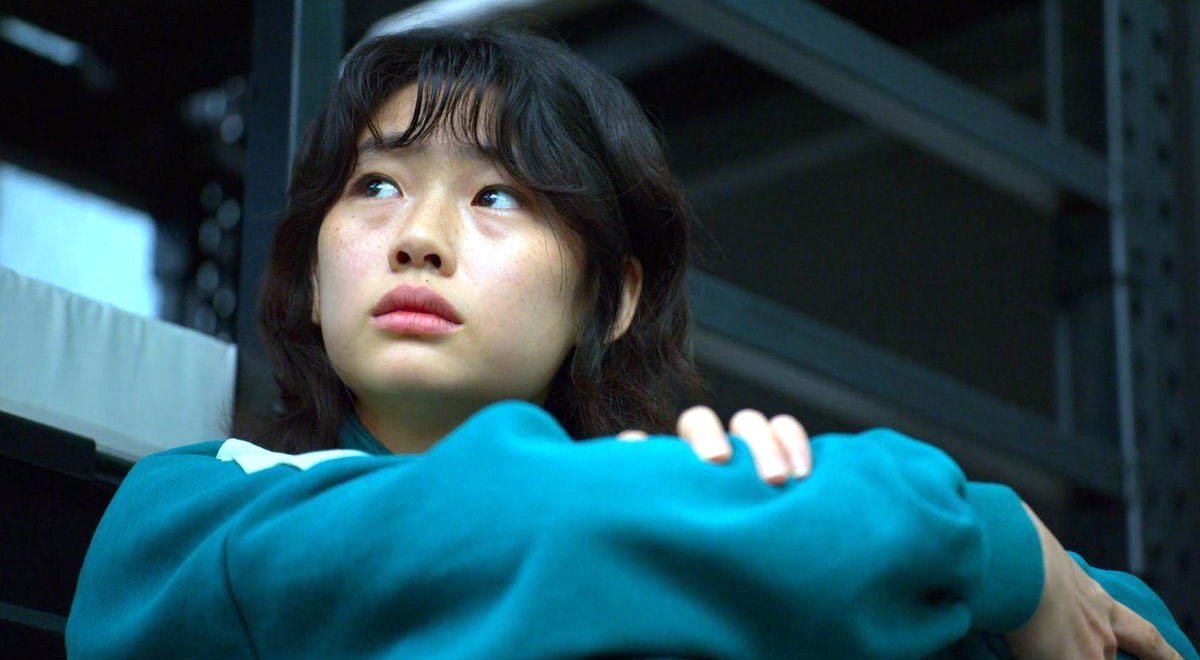
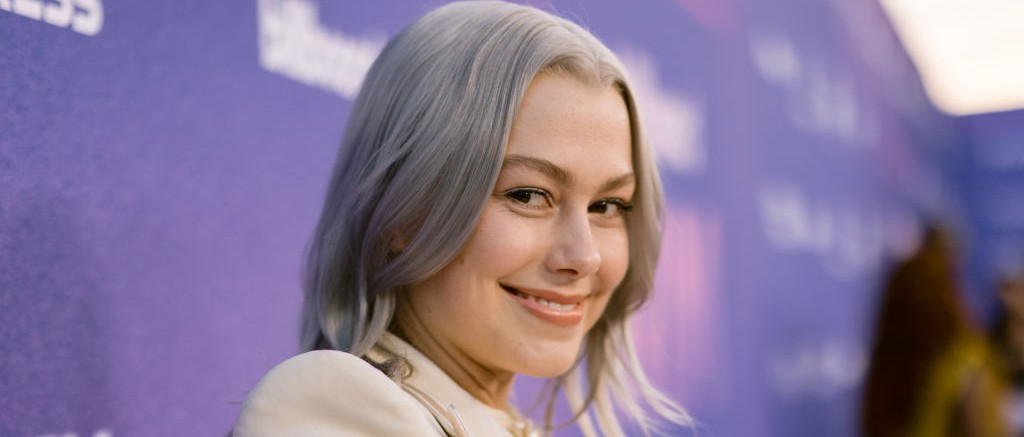
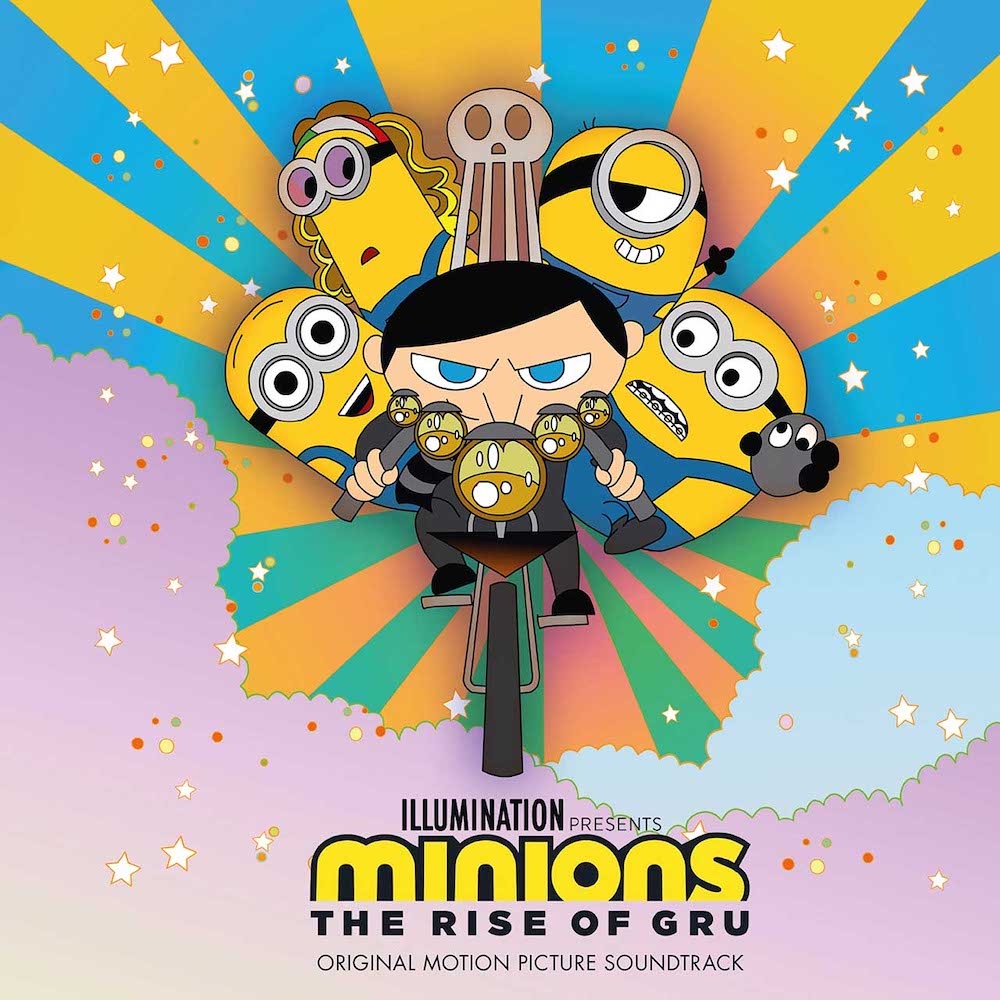
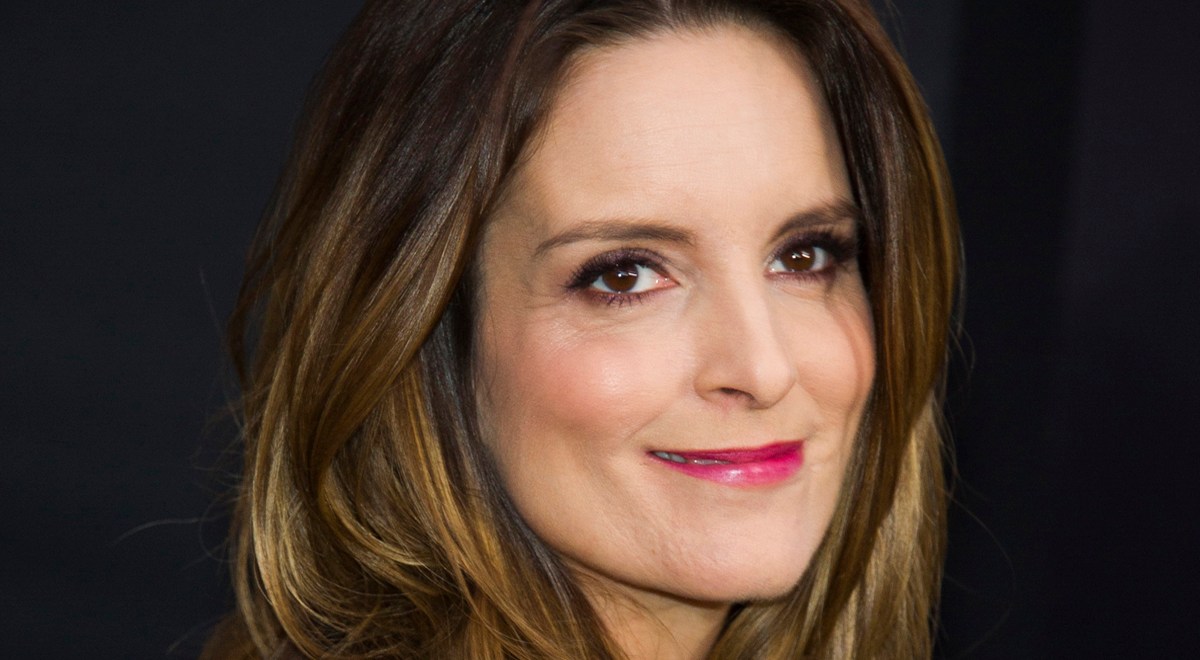
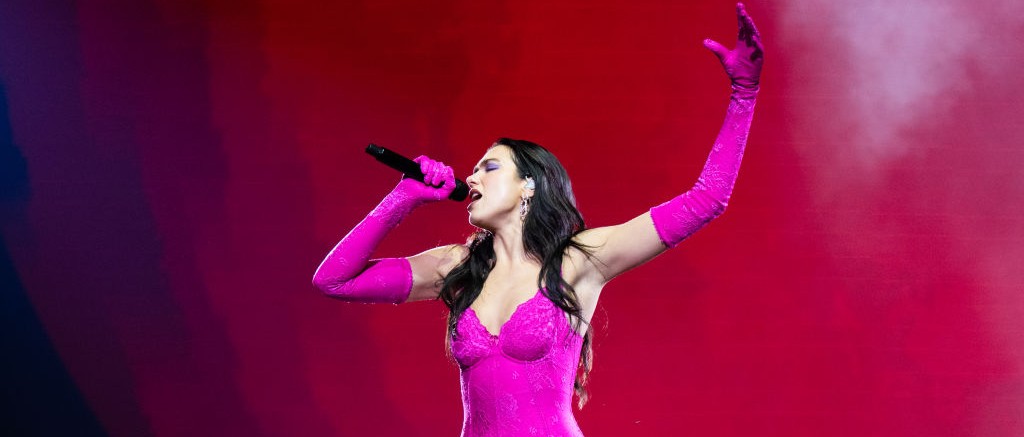
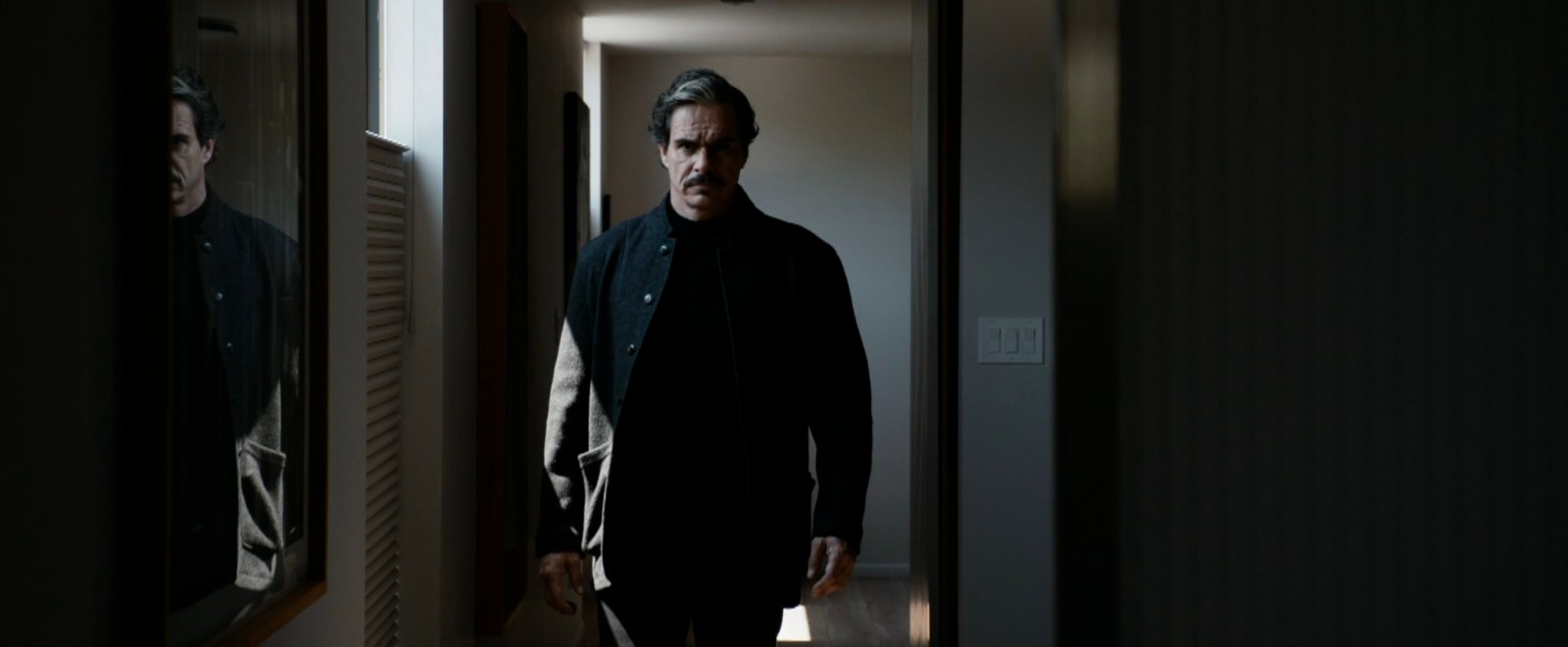


 (@Oh_TheHorror)
(@Oh_TheHorror) 